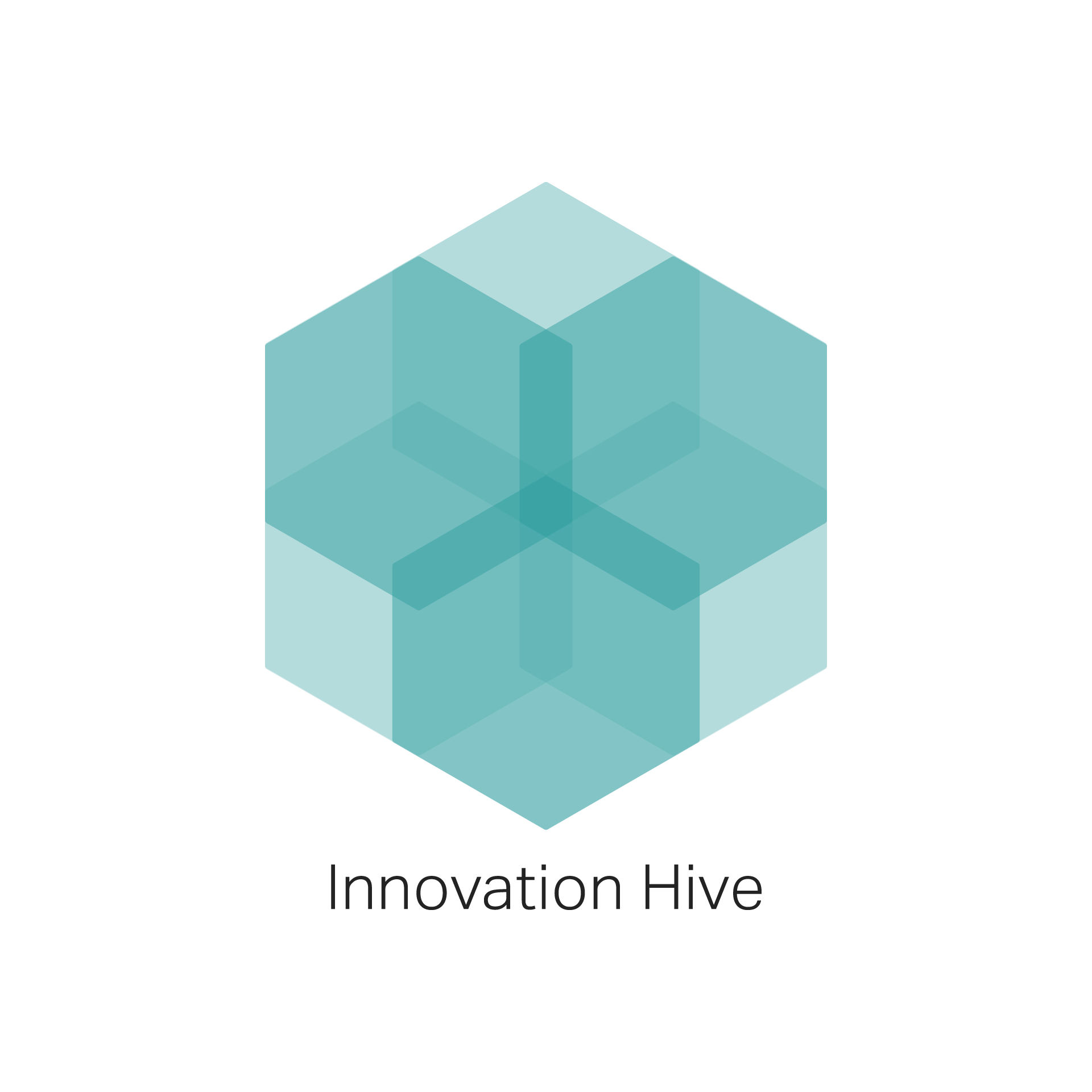In a world where the rapid advancement of technology and environmental concerns reshape the employment landscape, the DG-VET project, aimed to bridge the gap between young NEETs (Not in Education, Employment, or Training) in rural areas and the Digital and Green Economy (DaGE) sectors. As the project concluded with a transnational meeting in Brussels, it’s time to reflect on the impactful journey and the tangible outcomes achieved.
At the core of the DG-VET project was the development of an innovative form of training material, coupled with a gamified e-learning platform designed to empower Vocational Education and Training (VET) organizations and trainers throughout Europe. This multifaceted approach sought to equip young NEETs, particularly women, residing in rural areas with fundamental and advanced digital and green skills. The project recognized the significance of generic skills such as autonomy and communication alongside specialized green skills in areas like waste reduction and energy efficiency.
The DG-VET platform, a cornerstone of the project, served as a comprehensive educational hub offering accessible resources for enhancing skills and knowledge. This gamified e-learning environment not only engaged users but also fostered a sense of community, facilitating collaboration and knowledge exchange. The toolbox developed for VET teachers, trainers, and policymakers further contributed to the sustainability of the project’s impact.
One of the key achievements of the DG-VET partnership was the successful data collection for profiling NEETs and the Digital and Green Economy sectors at both national and European levels. This approach laid the foundation for targeted interventions, such as the Agriculture 4.0 initiative, which aimed to equip young NEETs with basic and advanced digital and green skills, aligning them with the evolving demands of the job market.
As the project concludes, its impact reverberates beyond skill enhancement. DG-VET not only addressed the skills mismatch within DaGE sectors but also tackled the digital divide, focusing on narrowing the gap between rural and urban communities in terms of ICT access. Moreover, the project emphasized the importance of policy engagement in promoting and implementing youth-oriented VET programs, paving the way for sustainable change in the employment landscape. As partners gathered in Brussels to discuss the project’s overall impact, it became evident that DG-VET has also contributed to building a more inclusive and resilient workforce prepared for the challenges of the Digital and Green Economy.



